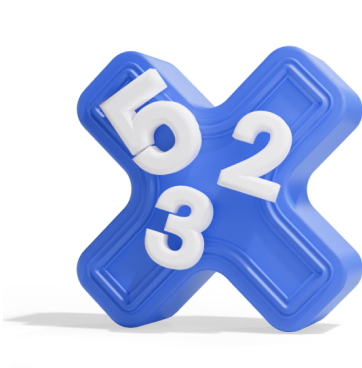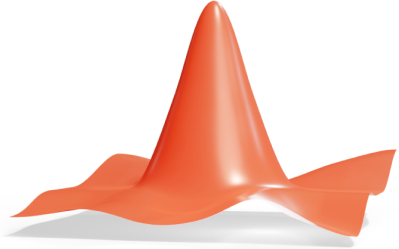What Is a Differential Equation?
A differential equation is an equation where the unknown is a function instead of a variable. In a same way that there is a certain relationship between the variables and , similarly, in a differential equation, there is a certain relationship between the function and its derivative .
There are two types of solutions to differential equations:
Theory
Solutions to Differential Equations
-
General solution:
-
Contains unknown constants.
-
Particular solution:
-
The constants are specified via initial conditions.
All particular solutions can be derived from the general solution by finding the correct constants. It is common to first find the general solution, and then find the constants, so that you get the correct particular solution.
The graph of a general solution is called a family of curves, and the graph of a particular solution is called an integral curve. A direction field or slope field is a graph that shows the slope at many points using vectors.
Differential equations have a number of practical applications. They’re used in anything from oil drilling, to measuring animal populations and bacterial infections, just to name a few examples. Differential equations are very well fitted for cases where you want to see how your variables change over time. It is that time aspect that make them so useful.


















